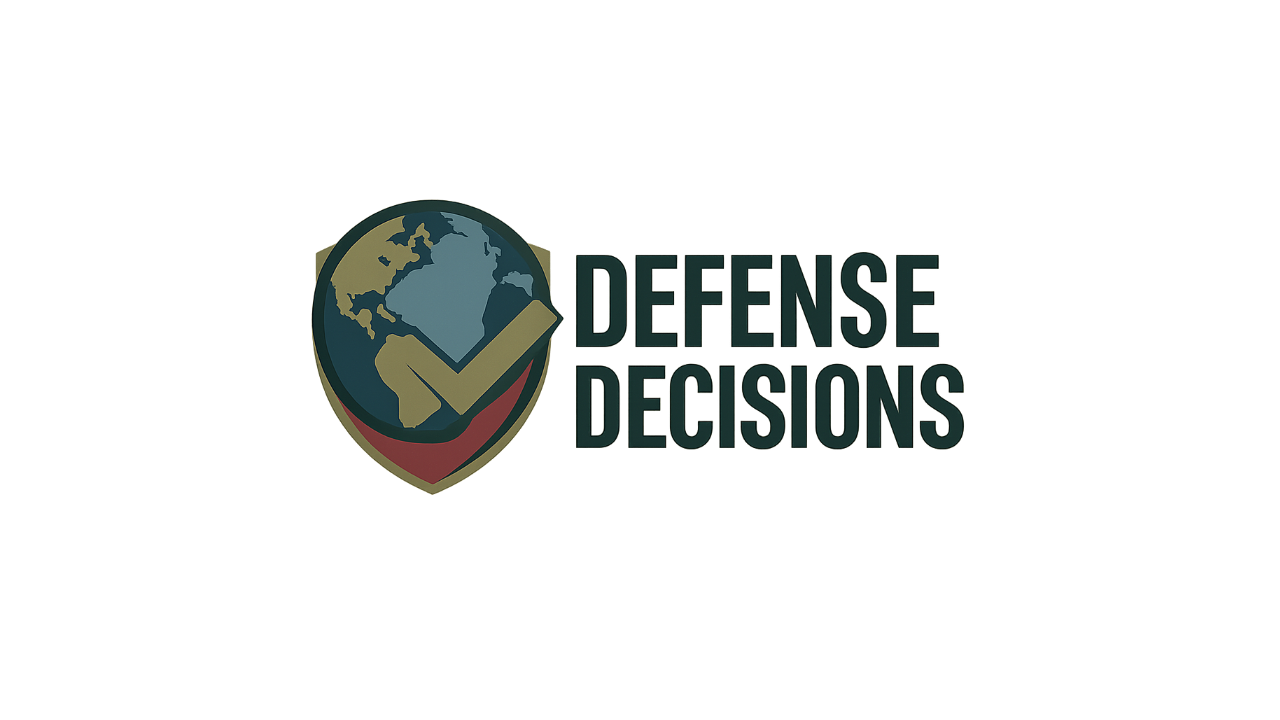Ending the Ukraine Conflict: Federal Constitutional Reforms as a Way Ahead?
The world is undergoing a profound transition. In such times, it is natural for interconnected crises to emerge as expressions of a broader, overarching process of change. The acceleration of this transition can be traced to several structural shifts in the international order.
According to Henry Kissinger, the United States has long relied on military power to contain the rise of rival powers. This interpretation, first articulated during the Vietnam War, was subsequently refined by Kissinger over the decades to explain conflicts in which Washington played either a direct or indirect role.
The Biden administration has, to some extent, maintained continuity with the Cold War framework, applying it to the confrontation with the Russian Federation through support for Ukraine. This was an understandable approach, given that Biden’s political formation took shape in an era defined by U.S.–Soviet rivalry. Yet this paradigm no longer seems sufficient to account for the dynamics of the new millennium, in which the growth of multilateralism has set in motion processes that are difficult to reverse.
At the Alaska summit of August 15, 2025, President Trump outlined a new global strategy, proposing to renew the New START treaty, set to expire on February 5, 2026, by bringing China into the framework. The stated objective was to consolidate the central role of the three leading nuclear powers in the governance of strategic weapons, while simultaneously reaffirming a bilateral understanding between the United States and Russia.
In this way, the climate of permanent confrontation between Washington and Moscow was partially replaced by an effort to reestablish both as key pillars of the global nuclear architecture. China, while expressing interest, indicated its intention to postpone participation until its arsenal reached parity with that of the United States and Russia. Beijing also called for the inclusion of the United Kingdom and France, so that the entirety of the Atlantic nuclear forces would be represented.
The summit underscored Trump’s prioritization of the bilateral relationship with Moscow, while London and Paris currently play a more marginal role. Europe, for its part, finds itself in a delicate position: on one hand, it has lost part of the security guarantee provided by the American nuclear umbrella; on the other, it does not yet appear prepared to manage its own strategic responsibilities in a cohesive manner. Germany aspires to assume a leading role but does not always possess the necessary political and military capacity—a paradox that risks exacerbating internal tensions rather than strengthening European integration.
This framework highlights the fragility of the West’s approach to the Ukrainian question.
At the root of the conflict lies not only a military dimension but, above all, a constitutional one: the form of state Ukraine has adopted. The current centralized model has fueled tensions with minority groups, particularly Russian-speaking communities, generating severe consequences for both rights and security.
From Moscow’s perspective, the organization of armed forces with strong nationalist elements posed a direct threat to its security and constituted a violation of the spirit of the Helsinki Final Act, which emphasized the protection of minorities and the principle of peaceful coexistence.
To chart an alternative path, it is useful to recall a precedent of fundamental importance. World War II reached a stable conclusion when the United States promoted the drafting of a new Constitution for Germany, transforming it from a centralized nation-state into a federal democracy.
Following this example, it would be desirable for Ukraine, supported by the international community, to initiate an inclusive constitutional process aimed at establishing a federal structure that guarantees genuine representation for all components of society, including minorities. Such a process should involve not only Ukrainian institutions but also European partners and Russian representatives, in order to strengthen its legitimacy.
The issue extends beyond Kyiv. The entire world now faces the challenge of building a more federal global order..

